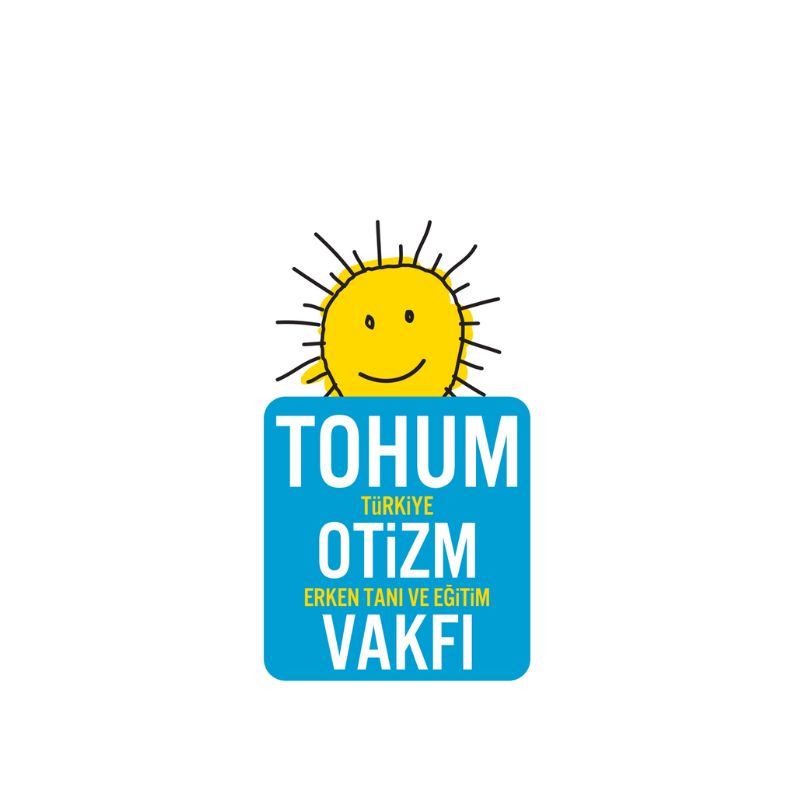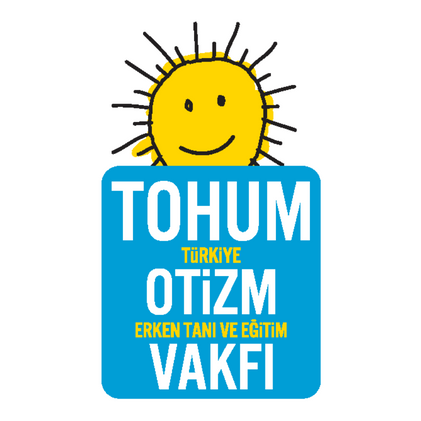Integrated education entails the attendance of children with special education needs to state or private schools alongside their typically developing peers. A child with special education needs can receive integrated education at pre-school, primary and middle school levels. Special education students in integrated education and their teachers need to be supported by the State.
Support services are those through which special education students are given support to adapt to the integrated environment or by which the curriculum is adapted to suit special needs children.
Your child may spend all of their time with their peers in the classroom (full integration) or may attend part-time in a special education classroom (partial integration). The relevant Boards and the family will decide together which program is more appropriate to your child’s performance and needs.
The program that your child is currently in is taken as a basis, together with their education performance and needs, in order to prepare an Individual Education Program. This program is prepared by the unit within the school or institution comprising a group of the following people, led by the head of the school/institution or his assistant who is tasked with developing this program:
- A visiting special needs teacher (if available),
- A school counsellor,
- A teacher who is tasked with preparing education programs,
- The child’s class tutor,
- Teachers in the child’s related subjects,
- The child’s parent or guardian,
- Child (if able to attend).
The Individual Education Program development unit may be joined, if advice needs to be taken, by a member of the Counselling and Research Centers. The working principles of the Individual Education Program development unit are determined by the relevant school or institution.
Those schools or institutions where education is given according to the integrated process will adapt the environment to the child’s special physical, social and psychological needs. In order for the education to be given effectively, special equipment, education materials, teaching methods and the child’s success assessment methods are used in these schools and institutions and furthermore, supporting education rooms are also established.
Teachers, pupils and other staff who work at schools and institutions which offer integration teaching are given information on the special needs of the individuals by Counselling and Research Centers and by members of the Individual Education Program development unit. Special needs children who will undergo the integration method are distributed equally to classes with a single class having no more than two such pupils.
The necessary arrangements and supporting educational services for children who continue to be educated according to the integration principle will be made by the school. Supporting educational services may be given both within the class or in the supporting education rooms.
















